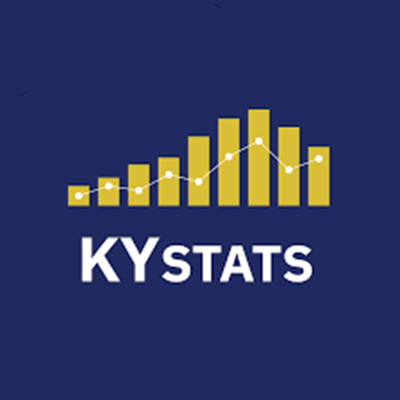From Projects to Products to Impact

The MSDC helps states advance and accelerate data product innovation —a non-linear process that includes ideation; development of priority areas of focus; projects; product development; product adaptation and application; circulation to other agencies and states; and continued product improvement and expansion.
- Products are tools or applications that use data to answer questions critical to society. They provide intelligence that helps policymakers, program administrators, or customers improve processes, strategies, programs, and decisions.
- Projects are research and development efforts where collaborative members test new ideas or adapt or expand existing products.
Below are links to projects and products in the current pipeline that were initiated with the support of various innovation and funding opportunities. These include projects and products in such priority areas as: postsecondary non-completers, adult career and technical education outcomes, Supplemental Nutrition Assistance Program (SNAP) and Temporary Assistance for Needy Families (TANF) employment pathways, equity in Unemployment Insurance (UI), and the teacher workforce.
The Midwest Collaborative’s (MWC’s) pilot request for information (RFI) process to engage external researchers recently yielded projects in several new areas, such as early childhood workforce analysis and modeling and college completion in high-value career and technical fields. As another mechanism for building the product pipeline, the MSDC is establishing a cross-regional research agenda and aligned project groups that will support product development.
Below are two examples of exploratory collaborative projects that have grown into collaborative data products that are informing practice among state, local, and regional leaders. The two products are the Multi-State Post-Secondary Report and the Unemployment to Reemployment Portal.
Collaborative Products
Plans are underway to add data from Indiana and Tennessee to the Postsecondary Outcomes Dashboard. The states of New Jersey, Rhode Island, and Virginia recently received a Democratizing our Data Challenge grant through the Coleridge Initiative to bring the Multi-state Postsecondary Dashboard to the Eastern States Longitudinal Data Collaborative. The state of Ohio also received a Democratizing our Data Challenge grant to incorporate workforce credentials and data on postsecondary “non-completers” into the dashboard.
The Unemployment to Reemployment Portal has been replicated by the states of Indiana, Missouri, and Tennessee. The states of Texas and Ohio created UI data tools inspired by the Illinois tool. Planned expansions include the states of Wisconsin and Arkansas. Illinois has incorporated unemployment spell behavior into the portal and is planning enhancements to include Workforce Innovation and Opportunity Act (WIOA) Title I and Title III program participants and timely measures of reemployment activity. In 2021, moreover, USDOL/ETA partnered with Coleridge Initiative and Illinois to conduct a 3-month national training with 120 participants representing 30 states to support replication and product scaling.
Pipeline Projects
The MSDC ecosystem supports or is supported by several “innovation sandboxes” that enable accelerated data project and product development. Value is created as networks of government staff from various programs, functions, and states ideate together and discover opportunities to access training, peer support, technical assistance, or use of microdata and a secure data facility.
State agency leaders across the country are driving the emergence and sustainability of the MSDC. This work is being supported by NASWA, the State Higher Education Executive Officers Association (SHEEO), the Coleridge Initiative, and other partners and funders. This webpage is a joint partner effort, led by state agency leaders, to provide public information about the MSDC, including their activities and products.






